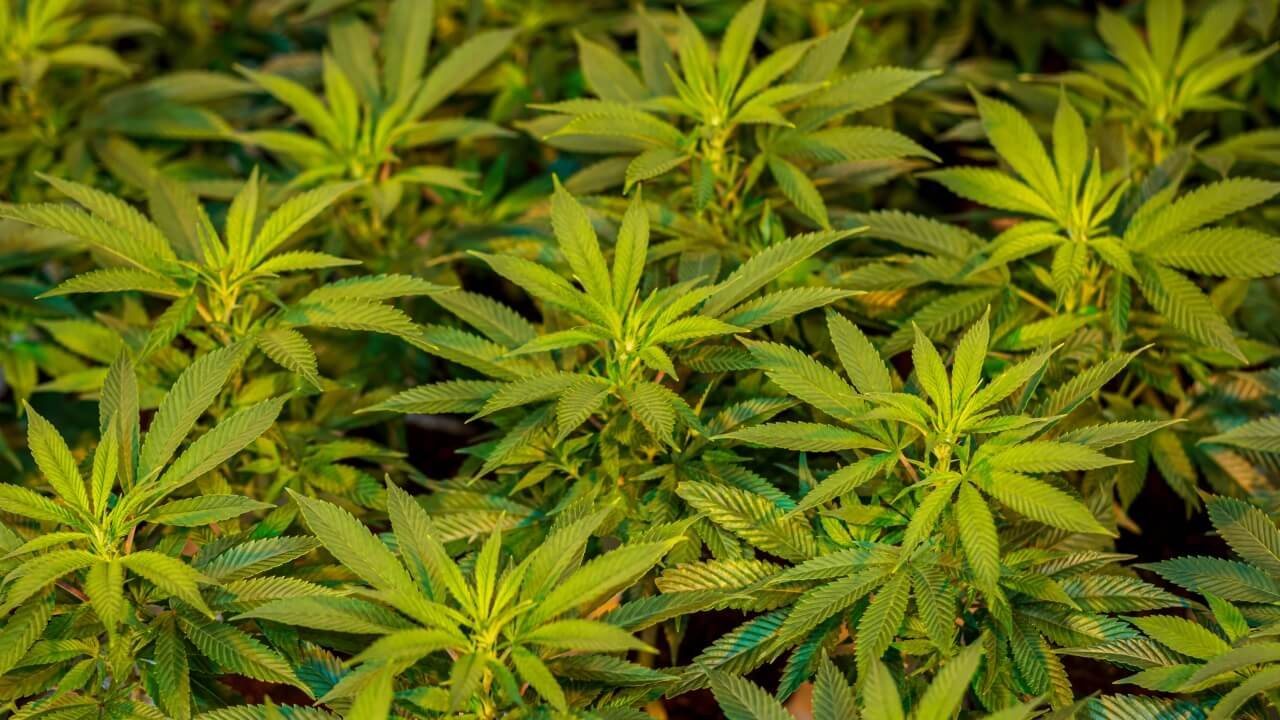As the cannabis industry expands throughout North America, skilled cannabis growers are increasingly in demand. These professionals are responsible for producing high-quality cannabis that aligns with both regulatory standards and consumer preferences. If you’re considering a career in cannabis cultivation, it’s vital to grasp the essential skills required in this specialized field. Here are eight critical areas to focus on:
1. Regulatory Knowledge: Cannabis cultivation is highly regulated. Each state has specific laws regarding security, pesticide use, and product testing. Growers must: – Obtain the necessary licenses for their location. – Keep detailed records of cultivation practices, inventory, and environmental conditions. – Use track-and-trace systems for monitoring plants from seed to sale. – Stay updated on changing regulations as the market evolves.
2. Controlled Environment Agriculture (CEA): Modern cannabis cultivation often employs advanced CEA techniques. Growers should understand: – Climate control for optimal temperature and humidity. – Use of LED lighting with adjustable spectrums. – Automated irrigation and nutrient delivery systems. – Environmental monitoring tools that track multiple factors. – CO2 supplementation for improved plant growth.
3. Plant Health Management: Maintaining healthy plants is vital, especially as cannabis can be highly valuable. Key skills include: – Implementing integrated pest management (IPM) strategies. – Early detection of nutrient issues and pests. – Application of organic and conventional treatments as needed. – Employing sterile techniques to avoid contamination. – Diagnosing and solving plant health problems effectively.
4. Understanding Cannabis Genetics: Knowledge of cannabis genetics is crucial for product differentiation. Growers should: – Learn about phenotype selection and stabilization. – Master the maintenance of mother plants and cloning techniques. – Explore breeding methods for creating new strains. – Understand terpene and cannabinoid profiles of different genetics.
5. Post-Harvest Processing: The quality of cannabis does not merely depend on cultivation; it also relies on how it is processed after harvest. Growers should focus on: – Timing the harvest to optimize cannabinoid and terpene profiles. – Controlling environmental conditions during drying and curing. – Establishing quality assessment protocols for moisture and potency. – Minimizing damage during handling to preserve trichomes. – Documenting batches and coordinating testing.
6. Business Skills: Successful growers also need to understand the business side of cannabis cultivation. Important skills include: – Strategies for cost reduction in production. – Energy-efficient practices to lower electricity use. – Labor management techniques to increase productivity. – Yield forecasting and planning. – Evaluating the viability of investment decisions in cultivation.
7. Networking and Professional Development: The cannabis industry is rapidly evolving, making it essential for growers to: – Join professional organizations related to cannabis cultivation. – Attend industry conferences and workshops. – Engage in online communities focused on cultivation. – Build relationships with suppliers and tech companies. – Keep up with the latest research and developments in the field.
8. Specialized Knowledge: Beyond general cultivation skills, emerging areas of expertise can set growers apart, such as: – Organic growing methods and living soil techniques. – Water conservation and remediation practices. – Advanced canopy training methods. – Specialized lighting techniques for plant development. – Tailored cultivation methods for producing concentrates and extracts.
To thrive as a cannabis grower, one must develop a diverse skill set that combines agricultural knowledge, technical skills, regulatory awareness, and business acumen. Those who invest time in acquiring expertise across these eight domains will be better positioned in the competitive cannabis market. As the industry continues to grow, growers who blend practical experience with formal education and specialized knowledge will be increasingly sought after, especially in operations that prioritize quality cultivation.

